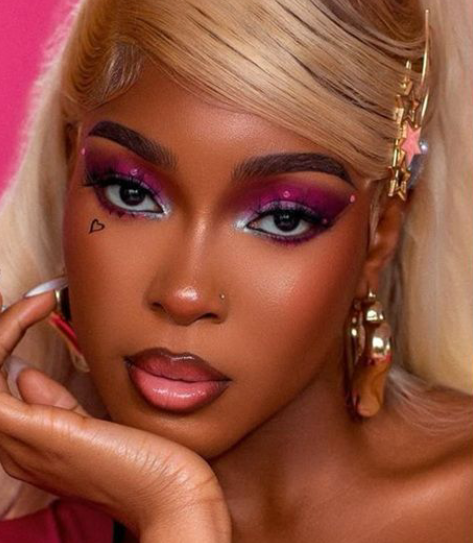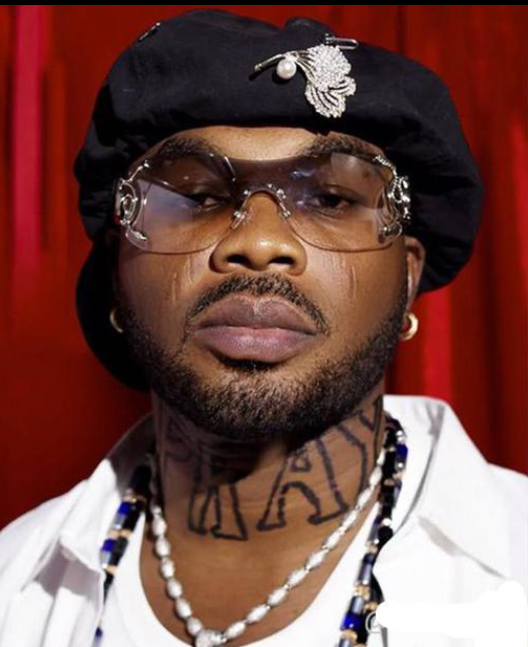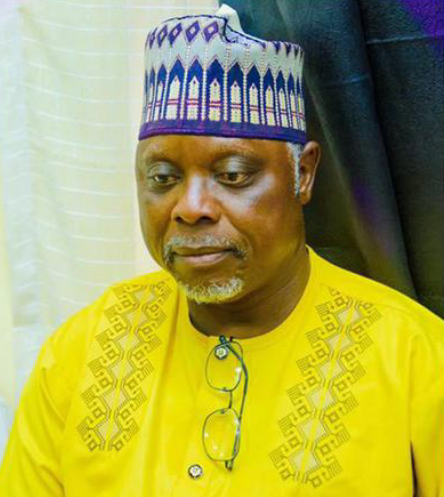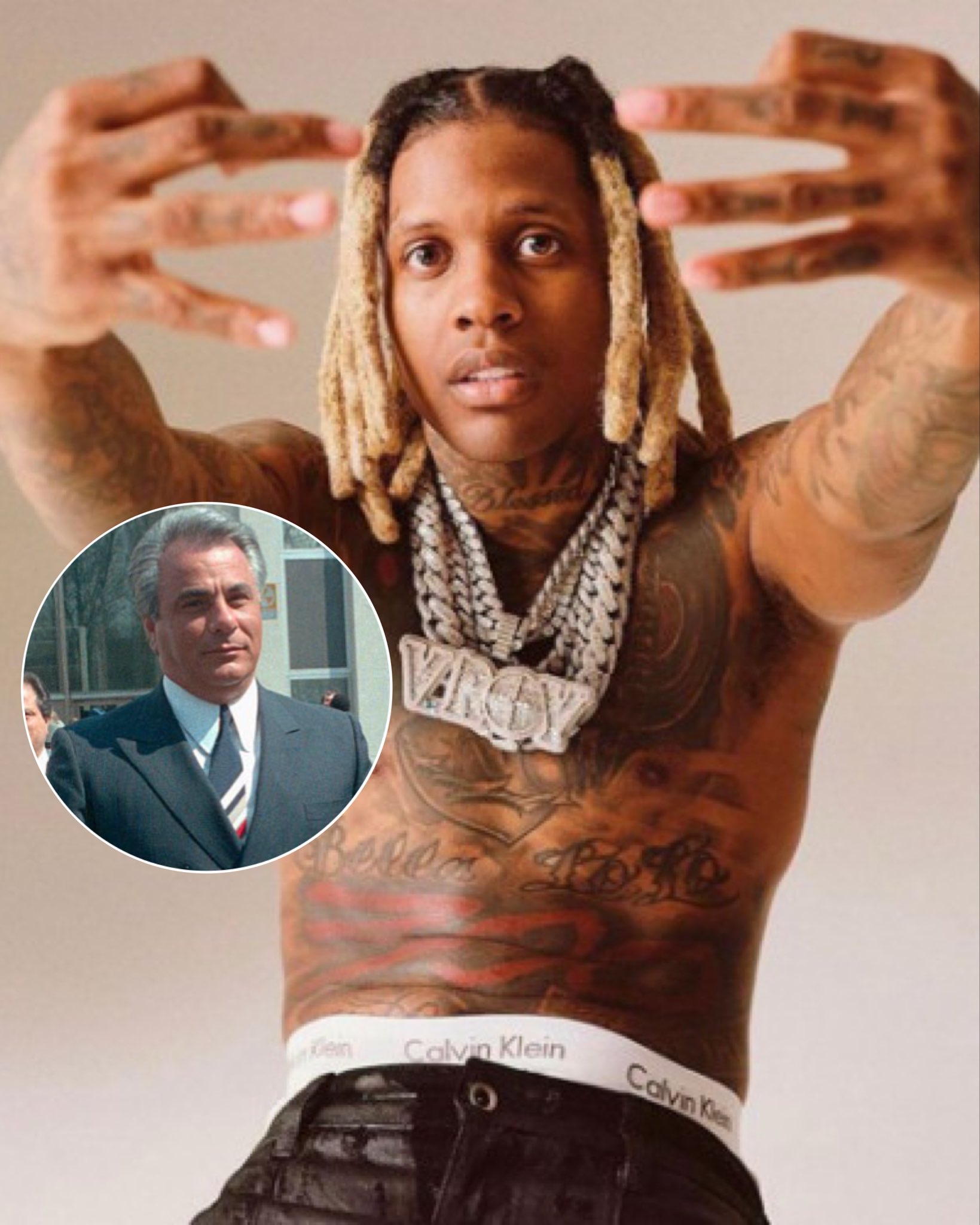
Loyalty Has Boundaries: BBNaija Star Vee Sparks Fierce Debate on Friendship and Oversharing in Relationships

Reality TV star and singer Vee Iye has stirred up intense conversation on social media after boldly calling out a growing habit that many consider innocent but she labels as a betrayal—sharing your friend’s secrets with your romantic partner. In a tweet that has since ignited heated discourse online, the former Big Brother Naija housemate did not mince words: “You are a bad friend if you discuss your friend's secrets with your partner. Simple.”
Her blunt declaration was a response to a now-viral sentiment that has become increasingly popular among those in relationships: “I tell my partner everything.” While some people champion transparency as the foundation of a strong romantic bond, Vee’s statement is a sobering reminder that confidentiality in friendships should not be collateral damage in the name of intimacy.
The conversation took off quickly after a social media user posted, “I tell my partner everything. The most irritating type of friends to confide in.” While many nodded in agreement, others pushed back, arguing that honesty with a partner should trump loyalty to friends. Vee, however, was quick to disagree, calling out what she believes is an alarming trend of blurred boundaries and misplaced priorities. “You are a bad friend if you discuss your friends secrets with your partner,” she reiterated, standing firm in her stance that love does not absolve one from the responsibilities of being a trustworthy friend.
This controversial take has since split the internet in half. On one side, supporters hail Vee for her integrity and assert that friendship must come with clear ethical boundaries, even in the context of romantic relationships. “A secret is a secret. If your friend trusted you enough to confide in you, the least you can do is keep it to yourself,” one user commented. “Your partner isn’t in the friendship circle. What if they end up telling someone else? Then what?” another echoed.
Yet, the opposing camp insists that full transparency in relationships is non-negotiable. “You can’t be secretive with someone you love,” one reply read. “That’s how emotional walls build up. If I can’t talk about what’s on my mind with my partner, what’s the point?” This perspective sees withholding information—even if it involves others—as a form of deception or emotional distance.
But critics of this view question where the line should be drawn. Should your partner know everything, including details that were shared with you in confidence by someone else? What happens when a friend shares something deeply personal, such as trauma, financial troubles, or romantic issues, and it ends up being late-night pillow talk between you and your lover? Are you helping your relationship, or are you betraying a trust?
Vee’s stance forces a reckoning with these questions. Her comments challenge the assumption that romantic love overrides all other forms of connection. “Friendship is also a relationship,” a fan pointed out. “It’s built on loyalty, trust, and respect. If we throw that away for the sake of romantic validation, we’re doing it wrong.”
For many, the debate touches on the broader erosion of privacy in the age of digital openness and emotional oversharing. With the line between public and private constantly shifting, some believe that the sanctity of personal confidences has been lost. Social media culture rewards disclosure, and vulnerability is often weaponized as content. In such a climate, holding on to someone else’s secret may seem like an outdated virtue. But Vee’s insistence suggests otherwise.
She’s not alone in this belief. Therapists and relationship experts have weighed in on similar issues in the past, often emphasizing the importance of discretion in healthy interpersonal dynamics. According to psychologist Dr. Amanda Fielding, “There must be boundaries in every relationship. Trust is built not just between couples, but within the full ecosystem of friendships, family, and colleagues. Violating a friend’s trust in the name of intimacy with a partner is a slippery slope to alienation.”
It’s not hard to see how these boundaries can become blurry. Many people argue that their partner is their safe space, and being able to speak freely with them is part of emotional intimacy. “It’s not about gossiping,” some say. “It’s about decompressing. My partner helps me process things.” But this rationale doesn’t always account for the fact that the “things” being processed belong to someone else’s life, and not every story is yours to unpack.
Interestingly, this debate also exposes how society treats friendships compared to romantic relationships. Romantic love is often put on a pedestal, viewed as the ultimate bond, while friendships are sometimes seen as secondary or expendable. Vee’s words are a powerful challenge to that hierarchy. Her position implies that being a good friend is not just about support but about having principles—even when love complicates them.
It’s also a bold cultural statement coming from someone in the public eye. As a BBNaija alum, Vee knows the impact of words, and her refusal to bend to popular opinion has garnered respect—even from those who disagree with her. In an era where so many influencers opt for diplomatic neutrality, her forthrightness is rare.
The discourse is far from settled, but one thing is clear: Vee has struck a nerve. Whether seen as a wake-up call or an unpopular truth, her comments have opened the door for a deeper conversation about the ethics of trust and the dynamics between romantic and platonic loyalty. For some, her words are a needed reminder to protect the integrity of their friendships. For others, they pose an inconvenient dilemma about the cost of transparency in love.
In a world obsessed with connection, perhaps the most important relationships are the ones we choose to respect in silence.


